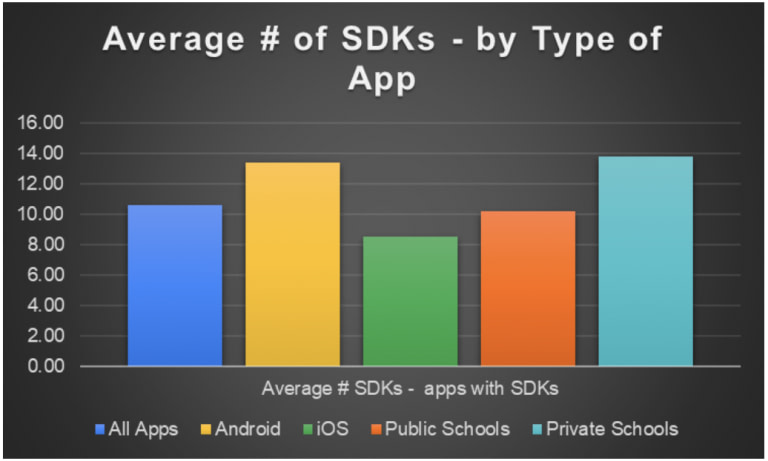
Dear Ms. Smartphone: At my high school the principal enters her best students in an online sweepstakes. We get freebies and discounts when our name is drawn. That seems great but now I get ads on my phone from the places I visit plus emails to enlist in the military, to join climate action groups, and to even get credit cards! I am beginning to wonder whether that app is private. Meanwhile, seniors, like me, are required to use special apps if we tutor after-school. We also use the school’s choice of apps for transportation and the year-book. I have a cyber-aware friend who studies this and she says we are being sold out. Justin, Burlingame
Dear Justin: Hopefully you are only receiving a digital heap of senior year marketing. Conventionally, juniors and seniors get mountains of unsolicited mail, as the College Board and other testing services resell student names and addresses. But, why have those solicitations moved to the phone?
Gizmodo reported this week that many school utility apps were sharing some amount of data with third-party marketing companies. A non-profit called Me2ba randomly tested 73 apps from 38 schools and found that they majority of the apps added code (SDKs) that could access phone data. The code, for example, might try to record a student’s location, their contact list, photos and even Google or Iphone ad identifiers. So, the answer to ‘Is My App Private’ is a resounding ‘No.’
FREE DATA BUT NO LUNCH
There’s an expression that there’s no such thing as a free lunch, and that holds double when it comes to digital matters. We all know, or should know, that we pay for “free” email and “free” searches with our attention and search history. Perhaps the school administrators just didn’t know or care.
Before the Internet it was simpler: schools issued directories with students’ names, home address, and contact number. School administrators then asked parents to keep the directories private. Not everyone followed the rules. With the Internet, the scale of misuse is bigger and dangerous. Perhaps you read the story this week about the millions of fake comments on the FCC plan to scale back net neutrality in 2016. A 19 year old student was responsible for 7.7 million comments generated using websites that create names, physical addresses and email addresses!
SCHOOLS HAVE TO LEARN
School officials, at least the ones in your high school, are supposed to protect you and keep you safe…but they don’t seem to be aware of the risk that they might be putting you at online. That academic sweepstakes sounds particularly dodgy! The irony is that these are the same institutions that we depend on to teach digital citizenship and digital literacy.
In a previous post I gave directions for reviewing the apps on your phone, and checking their permissions. It’s a good idea to share this with other students in your school, and make them more aware of the data trail they may leave behind. I hope that you, and the friend you mentioned, go on to college and study computer science, as what you mention is a real threat for future generations.


Leave a Reply
You must be logged in to post a comment.